
SCARS Institute’s Encyclopedia of Scams™ Published Continuously for 25 Years

Author:
• Tim McGuinness, Ph.D., DFin, MCPO, MAnth – Anthropologist, Scientist, Director of the Society of Citizens Against Relationship Scams Inc.
Article Abstract
The rational actor fallacy posits that individuals consistently make decisions based on logical reasoning and self-interest, overlooking the influence of emotions, cognitive biases, and social pressures.
Despite its theoretical appeal, human decision-making is often swayed by psychological factors, leading to deviations from rational behavior. This fallacy becomes particularly evident in contexts such as scams and fraud, where individuals may overlook warning signs or succumb to emotional manipulation. Recognizing the limitations of rationality and understanding the complex interplay of cognitive biases are essential steps in mitigating the risk of falling victim to deceptive tactics.
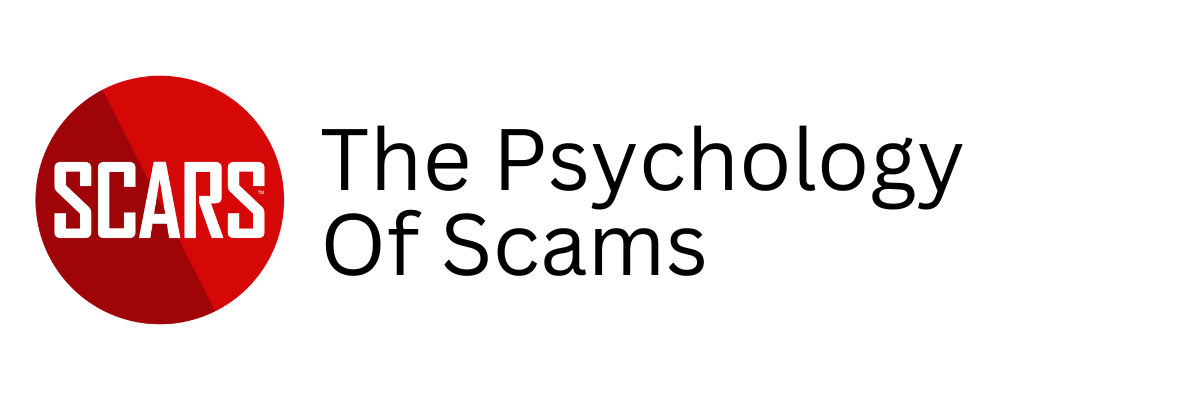
Cognitive Biases: Rational Actor Fallacy – Why Intelligence Alone Doesn’t Guard Against Scams
This article is part of SCARS continuing commitment to helping the victims of scams (financial fraud) to better understand the psychology of scams. In other words, why are victims vulnerable?
Rational Actor Fallacy
When people have to make good decisions, the Rational Actor Model assumes that individuals consistently act in their best interests, making logical choices based on available information. However, this idealized concept overlooks the complexities of cognitive biases and emotional influences that often guide human behavior. One such bias, known as the rational actor fallacy, underscores the limitations of rationality in protecting individuals from scams and fraud.
Our presumption assumes that people are inherently rational beings who make decisions solely based on logical reasoning, weighing the costs and benefits of each option to maximize utility. However, in reality, human decision-making is influenced by a myriad of factors, including emotions, social pressures, and cognitive biases.
When it comes to scams and fraud, the rational actor fallacy becomes particularly evident.
While intelligence and education can enhance critical thinking skills and analytical abilities, they do not render individuals immune to emotional manipulation or cognitive biases. Scammers often exploit psychological vulnerabilities, such as fear, greed, or social conformity, to deceive even the most intelligent individuals.
Moreover, the allure of quick gains or the fear of missing out can override rational decision-making processes, leading individuals to disregard red flags or warning signs early while there is still time to do something about them. This phenomenon is especially prevalent in investment scams (such as ‘Pig Butchering‘ or Crypto Investment scams) or Ponzi schemes, where the promise of high returns can cloud judgment and induce individuals to take unnecessary risks.
Furthermore, the rational actor fallacy fails to account for the cognitive shortcuts or heuristics that people often rely on when making decisions under uncertainty. These mental shortcuts, while efficient in many situations, can also lead to systematic errors in judgment, known as cognitive biases. For example, the anchoring bias may cause individuals to fixate on irrelevant information or initial impressions, while the availability heuristic may lead them to overestimate the likelihood of rare events based on vivid or recent examples.
In essence, the rational actor fallacy highlights the discrepancy between idealized models of decision-making and the complexities of human behavior. While intelligence and rationality play essential roles in decision-making processes, they are not foolproof defenses against scams and fraud. Recognizing the limitations of rationality and understanding the psychological mechanisms underlying deceptive tactics are crucial steps in mitigating the risk of falling victim to scams. By fostering awareness, critical thinking skills, and emotional resilience, individuals can better protect themselves against exploitation in an increasingly complex and interconnected world.
What is Really Going On
The Rational Actor Fallacy, rooted in classical economics, assumes that individuals consistently make rational decisions based on self-interest, weighing the costs and benefits of various options to maximize utility. However, psychological research reveals that human decision-making is far more complex and often influenced by cognitive biases, emotions, and social factors.
In practice, the Rational Actor Fallacy overlooks the intricate logical workings of the brain. Normally decision-making involves multiple regions, including the prefrontal cortex, responsible for logical reasoning and planning, and the limbic system, associated with emotions and instinctual responses. When faced with a decision, these regions interact, sometimes resulting in conflicts between rational thought and emotional impulses.
Moreover, cognitive biases, such as confirmation bias and the illusion of control, distort perception and lead individuals to overestimate their ability to predict outcomes accurately. This bias can manifest in situations like scams, where victims may believe they are immune due to their perceived intelligence or skepticism.
In essence, the Rational Actor Fallacy fails to account for the complexity of human cognition, leading individuals to underestimate the influence of emotions and biases on decision-making processes. Recognizing these limitations is crucial for making more informed choices and avoiding pitfalls such as falling victim to scams or frauds.
How Do Cognitive Biases Make People Vulnerable To Scams, Fraud, and Deception
How do cognitive biases play a role in making people vulnerable and susceptible to scams, fraud, and deception?
Cognitive biases are mental shortcuts that allow people to make quick decisions and judgments based on their past experiences and memories. These biases can be helpful in many situations, as they allow people to process large amounts of information quickly and efficiently. However, they can also make people vulnerable to scams, fraud, and deception.
One reason why cognitive biases make people vulnerable to scams is that they can lead people to make judgments that are not based on evidence or logical reasoning. For example, Confirmation Bias (a major bias that makes people vulnerable) is the tendency to seek out and interpret information that supports one’s preexisting beliefs, while ignoring or dismissing information that contradicts them. This can make people more susceptible to scams that appeal to their beliefs or biases, as they are more likely to believe the scammer’s claims without critically evaluating the evidence.
There are several ways that people can protect themselves from scams, fraud, and deception. One way is to be aware of common cognitive biases and how they can affect decision-making. This can help people to be more mindful of their thought processes and to question their own judgments.
Another way to protect oneself is to be skeptical of claims and offers that seem too good to be true. It is important to carefully evaluate the evidence and to ask questions before making a decision. This can help people to avoid falling for scams that rely on emotional appeals or incomplete information.
It can also be helpful to seek out additional sources of information and to consult with trusted friends, family members, or professionals before making a decision. This can provide a more balanced perspective and help to identify any potential red flags.
Overall, cognitive biases can make people vulnerable to scams, fraud, and deception by leading them to make judgments that are not based on evidence or logical reasoning, and by causing them to make irrational or risky decisions. However, by being aware of these biases and taking steps to protect oneself, people can reduce their risk of falling victim to these types of scams.
Summary
Cognitive biases do make people more vulnerable to scams, fraud, and deception by causing them to ignore warning signs, pay more attention to information that supports their preexisting beliefs, rely on incomplete information, and anchor their decisions to easy and often incorrect information.
By being aware of these biases and making an effort to overcome them, people can be better equipped to avoid falling victim to scams and other forms of deception.
-/ 30 /-
What do you think about this?
Please share your thoughts in a comment below!
Table of Contents
- Playing a Role In Your Vulnerability & Susceptibility To Scams
- Article Abstract
- Cognitive Biases: Rational Actor Fallacy – Why Intelligence Alone Doesn’t Guard Against Scams
- Rational Actor Fallacy
- What is Really Going On
- How Do Cognitive Biases Make People Vulnerable To Scams, Fraud, and Deception
- Summary
- More About Cognitive Biases & Vulnerabilities
LEAVE A COMMENT?
Recent Comments
On Other Articles
- Arwyn Lautenschlager on Love Bombing And How Romance Scam Victims Are Forced To Feel: “I was love bombed to the point that I would do just about anything for the scammer(s). I was told…” Feb 11, 14:24
- on Dani Daniels (Kira Lee Orsag): Another Scammer’s Favorite: “You provide a valuable service! I wish more people knew about it!” Feb 10, 15:05
- on Danielle Delaunay/Danielle Genevieve – Stolen Identity/Stolen Photos – Impersonation Victim UPDATED 2024: “We highly recommend that you simply turn away form the scam and scammers, and focus on the development of a…” Feb 4, 19:47
- on The Art Of Deception: The Fundamental Principals Of Successful Deceptions – 2024: “I experienced many of the deceptive tactics that romance scammers use. I was told various stories of hardship and why…” Feb 4, 15:27
- on Danielle Delaunay/Danielle Genevieve – Stolen Identity/Stolen Photos – Impersonation Victim UPDATED 2024: “Yes, I’m in that exact situation also. “Danielle” has seriously scammed me for 3 years now. “She” (he) doesn’t know…” Feb 4, 14:58
- on An Essay on Justice and Money Recovery – 2026: “you are so right I accidentally clicked on online justice I signed an agreement for 12k upfront but cd only…” Feb 3, 08:16
- on The SCARS Institute Top 50 Celebrity Impersonation Scams – 2025: “Quora has had visits from scammers pretending to be Keanu Reeves and Paul McCartney in 2025 and 2026.” Jan 27, 17:45
- on Scam Victims Should Limit Their Exposure To Scam News & Scammer Photos: “I used to look at scammers photos all the time; however, I don’t feel the need to do it anymore.…” Jan 26, 23:19
- on After A Scam, No One Can Tell You How You Will React: “This article was very informative, my scams happened 5 years ago; however, l do remember several of those emotions and/or…” Jan 23, 17:17
- on Situational Awareness and How Trauma Makes Scam Victims Less Safe – 2024: “I need to be more observant and I am practicing situational awareness. I’m saving this article to remind me of…” Jan 21, 22:55
ARTICLE META
Important Information for New Scam Victims
- Please visit www.ScamVictimsSupport.org – a SCARS Website for New Scam Victims & Sextortion Victims
- Enroll in FREE SCARS Scam Survivor’s School now at www.SCARSeducation.org
- Please visit www.ScamPsychology.org – to more fully understand the psychological concepts involved in scams and scam victim recovery
If you are looking for local trauma counselors please visit counseling.AgainstScams.org or join SCARS for our counseling/therapy benefit: membership.AgainstScams.org
If you need to speak with someone now, you can dial 988 or find phone numbers for crisis hotlines all around the world here: www.opencounseling.com/suicide-hotlines
A Note About Labeling!
We often use the term ‘scam victim’ in our articles, but this is a convenience to help those searching for information in search engines like Google. It is just a convenience and has no deeper meaning. If you have come through such an experience, YOU are a Survivor! It was not your fault. You are not alone! Axios!
A Question of Trust
At the SCARS Institute, we invite you to do your own research on the topics we speak about and publish, Our team investigates the subject being discussed, especially when it comes to understanding the scam victims-survivors experience. You can do Google searches but in many cases, you will have to wade through scientific papers and studies. However, remember that biases and perspectives matter and influence the outcome. Regardless, we encourage you to explore these topics as thoroughly as you can for your own awareness.
Statement About Victim Blaming
SCARS Institute articles examine different aspects of the scam victim experience, as well as those who may have been secondary victims. This work focuses on understanding victimization through the science of victimology, including common psychological and behavioral responses. The purpose is to help victims and survivors understand why these crimes occurred, reduce shame and self-blame, strengthen recovery programs and victim opportunities, and lower the risk of future victimization.
At times, these discussions may sound uncomfortable, overwhelming, or may be mistaken for blame. They are not. Scam victims are never blamed. Our goal is to explain the mechanisms of deception and the human responses that scammers exploit, and the processes that occur after the scam ends, so victims can better understand what happened to them and why it felt convincing at the time, and what the path looks like going forward.
Articles that address the psychology, neurology, physiology, and other characteristics of scams and the victim experience recognize that all people share cognitive and emotional traits that can be manipulated under the right conditions. These characteristics are not flaws. They are normal human functions that criminals deliberately exploit. Victims typically have little awareness of these mechanisms while a scam is unfolding and a very limited ability to control them. Awareness often comes only after the harm has occurred.
By explaining these processes, these articles help victims make sense of their experiences, understand common post-scam reactions, and identify ways to protect themselves moving forward. This knowledge supports recovery by replacing confusion and self-blame with clarity, context, and self-compassion.
Additional educational material on these topics is available at ScamPsychology.org – ScamsNOW.com and other SCARS Institute websites.
Psychology Disclaimer:
All articles about psychology and the human brain on this website are for information & education only
The information provided in this article is intended for educational and self-help purposes only and should not be construed as a substitute for professional therapy or counseling.
While any self-help techniques outlined herein may be beneficial for scam victims seeking to recover from their experience and move towards recovery, it is important to consult with a qualified mental health professional before initiating any course of action. Each individual’s experience and needs are unique, and what works for one person may not be suitable for another.
Additionally, any approach may not be appropriate for individuals with certain pre-existing mental health conditions or trauma histories. It is advisable to seek guidance from a licensed therapist or counselor who can provide personalized support, guidance, and treatment tailored to your specific needs.
If you are experiencing significant distress or emotional difficulties related to a scam or other traumatic event, please consult your doctor or mental health provider for appropriate care and support.
Also read our SCARS Institute Statement about Professional Care for Scam Victims – click here to go to our ScamsNOW.com website.


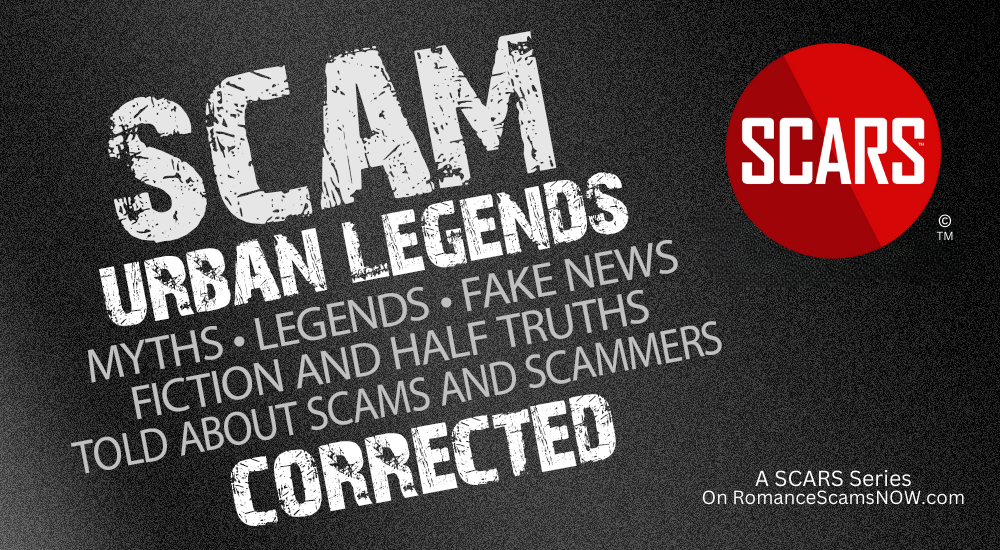
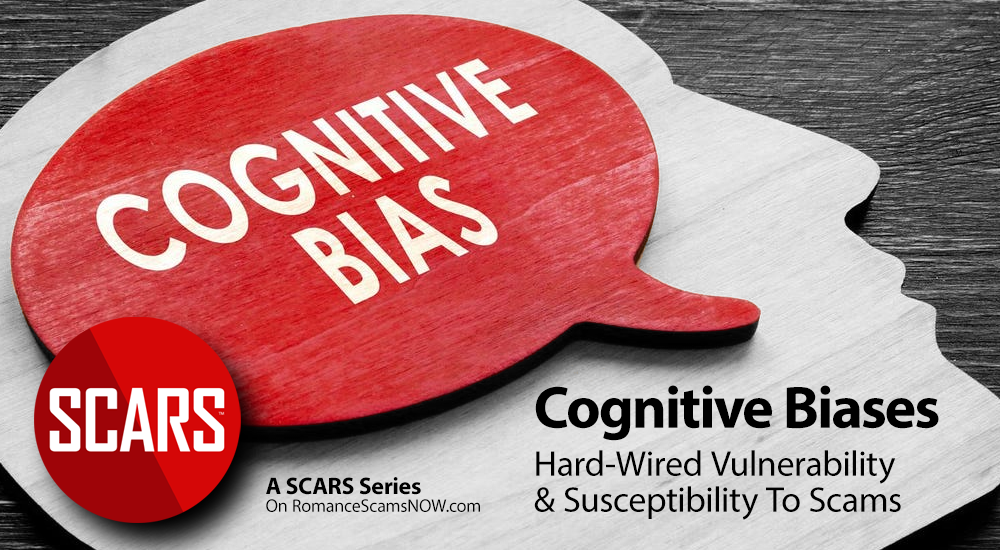

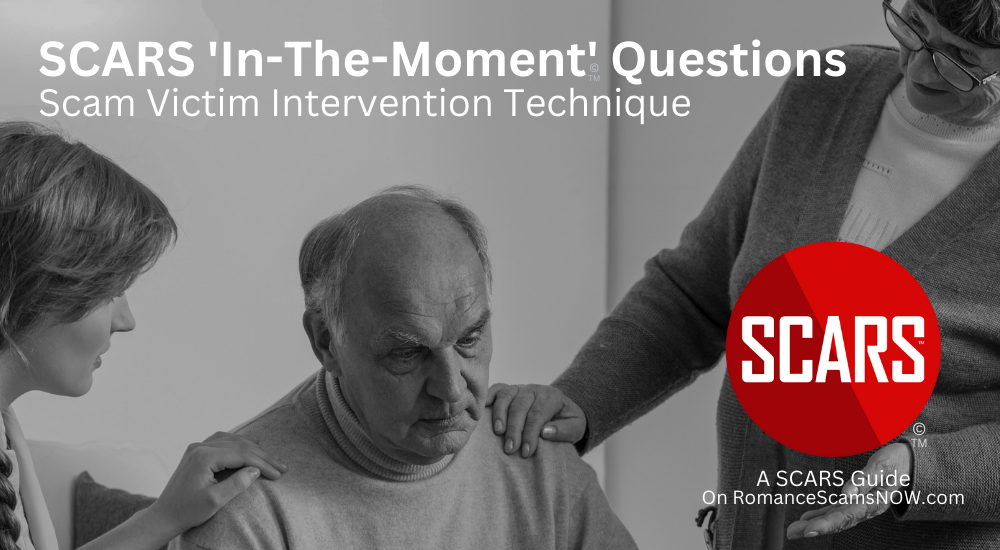
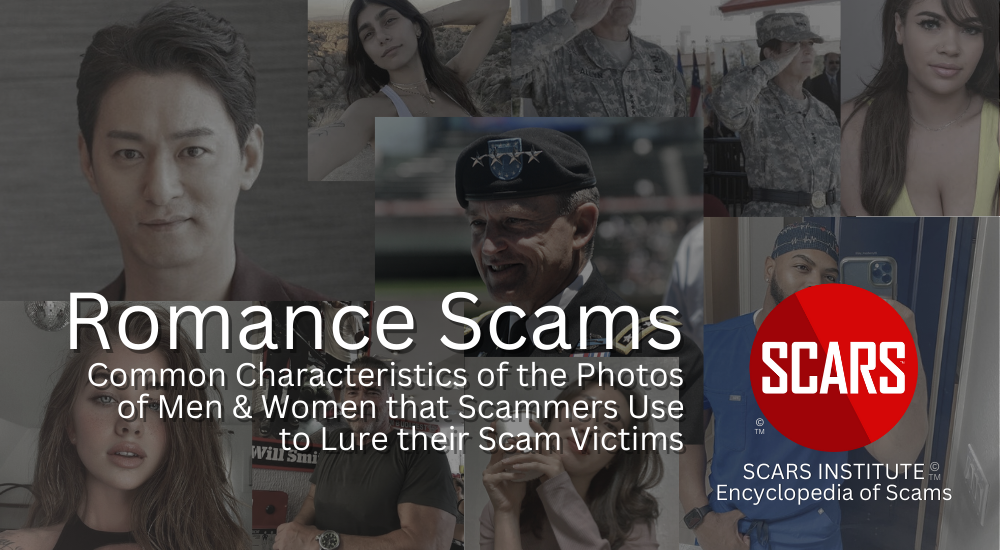


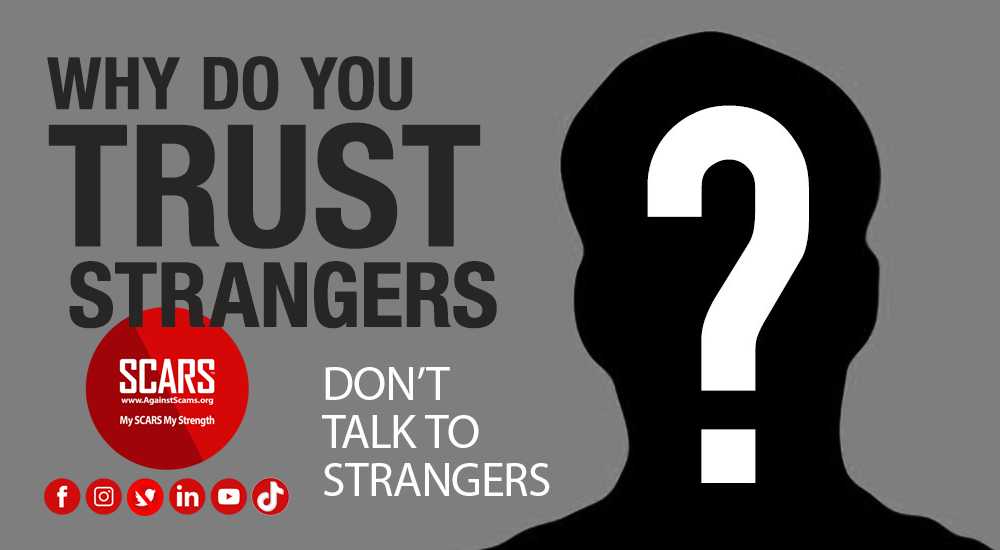











Thank you for your comment. You may receive an email to follow up. We never share your data with marketers.